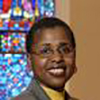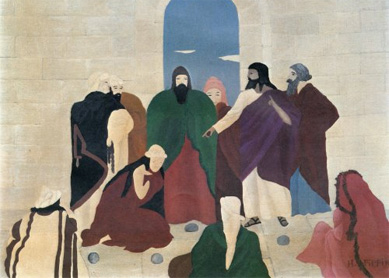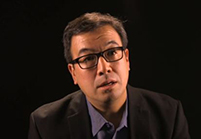When people refer to biblical laws, specific biblical laws, to support particular social, political stances today, I have two responses. One would be to make sure that the law is really saying what you think it says.
For example, the law against adultery applies to the marital status of the woman and not the man. So as long as a married man might be involved with a single woman or a woman who is married to a foreign man or any other man whose rights and relationship, the Israelite male wasn’t bound to respect, it meant that it was not adultery. So when that is referred to in the contemporary setting and applied to a married man, we have to realize that that’s actually not what the law said or intended originally.
The second thing that I would want to indicate to someone who would use these laws in our setting today is to realize that laws have to change over time, even with the Ten Commandments. We have two versions, one in Exodus and one in the Book of Deuteronomy. There’s every reason to believe that the version in Deuteronomy was written later and is, in fact, the second law, is in fact, a rewriting of these laws we that we saw earlier in Exodus and applied to a later setting.
So laws can change over time; they can be adapted over time; they can even be rejected over time. For instance, there’s a law in Deuteronomy, chapter 22 that says a woman who’s raped has to marry her rapist. So even though there were reasons for that in an ancient time, I don’t think that’s any reason for us to feel that we need to follow that today. So applying ancient laws can be tricky, especially if you’re not taking into account the reasons why they would have been written in an earlier time and place; and if you’re not taking into account the reasons why they shouldn’t be applied today.




